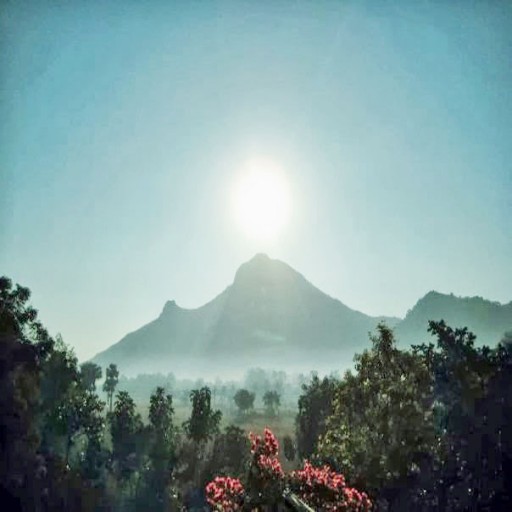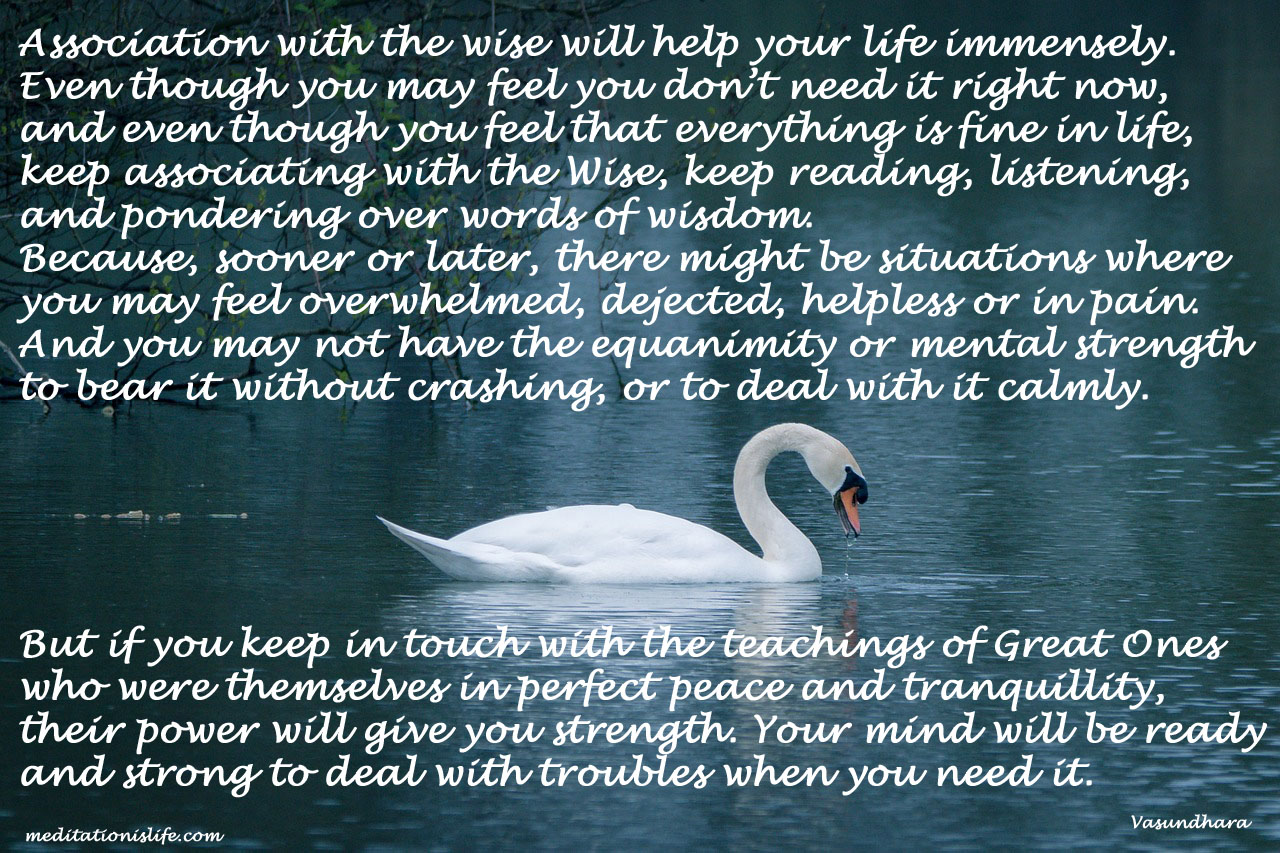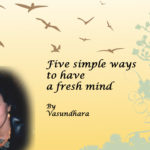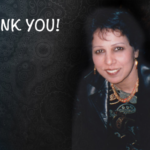Who am I? Self-Enquiry

Who am I? Self-Enquiry
Self-Enquiry in a nutshell is the process of enquiring within, “Who am I?”.
Here are some conversations of Devotees with Ramana Maharshi that shed light on how to practice the Self-Enquiry, Who am I?
Conversation 1:
A devotee asks, “How will mind become quiet?” Ramana answers, “By the inquiry ‘Who am I?’. The thought ‘who am I?’ will destroy all other thoughts.”
The next question: “What is the means for constantly holding on to the thought ‘Who am I?’?”.
The answer: “When other thoughts arise, one should not pursue them, but should inquire: ‘To whom do they arise?’ It does not matter how many thoughts arise. As each thought arises, one should inquire with diligence, “To whom has this thought arisen?”. The answer that would emerge would be “To me”. Thereupon if one inquires “Who am I?”, the mind will go back to its source; and the thought that arose will become quiescent. With repeated practice in this manner, the mind will develop the skill to stay in its source.”
Conversation 2:
M.: If you go the way of your thoughts you will be carried away by them and you will find yourself in an endless maze.
D.: So, then, I must go back tracing the source of thoughts.
M.: Quite so; in that way the thoughts will disappear and the Self alone will remain. In fact there is no inside or outside for the Self. They are also projections of the ego. The Self is pure and absolute.
Conversation 3:
D.: It looks easy to think of God in the external world, whereas it looks difficult to remain without thoughts.
M.: That is absurd; to look at other things is easy and to look within is difficult! It must be contrariwise.
D.: But I do not understand. It is difficult.
M.: This thought of difficulty is the chief obstacle. A little practice will make you think differently.
D.: What is the practice?
M.: To find out the source of ‘I’.
Conversation 4:
D.: Who am I? How is it to be found?
M.: Ask yourself the question.
The body (annamaya kosa) and its functions are not ‘I’.
Going deeper, the mind (manomaya kosa) and its functions are not ‘I’.
The next step takes on to the question. “Wherefrom do these thoughts arise?” The thoughts are spontaneous, superficial or analytical. They operate in intellect. Then, who is aware of them? This individuality is the ego, or as people say ‘I’.
Enquiring further the questions arise, “Who is this ‘I’? Wherefrom does it come?” ‘I’ was not aware in sleep. Simultaneously with its rise sleep changes to dream or wakefulness. But I am not concerned with dream just now. Who am I now, in the wakeful state? If I originated from sleep, then the ‘I’ was covered up with ignorance. Such an ignorant ‘I’ cannot be what the scriptures say or the wise ones af rm. ‘I’ am beyond even ‘Sleep’; ‘I’ must be now and here and what I was all along in sleep and dreams also, without the qualities of such states. ‘I’ must therefore be the unqualified substratum underlying these three states (anandamaya kosa transcended).
‘I’ is, in brief, beyond the five sheaths. Next, the residuum left over after discarding all that is not-self is the Self, Sat-Chit-Ananda.
Conversation 5:
D.: What is the practice?
M.: Constant search for ‘I’, the source of the ego. Find out ‘Who am I?’. The pure ‘I’ is the reality, the Absolute Existence-Consciousness- Bliss. When That is forgotten, all miseries crop up; when that is held fast, the miseries do not affect the person.
Conversation 6:
D.: Should we imagine a shape and meditate on it?
M.: No. Only the quest “Who am I?” is necessary. What remains all through deep sleep and waking is the same. But in waking there is unhappiness and the effort to remove it. Asked who wakes up from sleep you say ‘I’. Now you are told to hold fast to this ‘I’. If it is done the eternal Being will reveal Itself. Investigation of ‘I’ is the point and not meditation on the heart-centre. There is nothing like within or without. Both mean either the same thing or nothing.
Well, how do we live our lives, in the meanwhile?
Here is the answer from Ramana Maharshi.
D.: How is work to be done ordinarily for an aspirant?
M.: Without self-identification with the actor. For instance, did you intend visiting this place while in Paris?
D.: No!
M.: You see how you are acting without your intention to do so? The Gita says that a man cannot remain without acting. The purpose of one’s birth will be fulfilled whether you will it or not. Let the purpose fulfill itself.
So the conclusion is that we should live our lives to the best of our ability while keeping in touch with Wise Teachings, and practicing Meditation. It is a wise way of leading Life.







 Great Scriptures of India
Great Scriptures of India Sages From India Teachings
Sages From India Teachings Sri Ramana Maharshi Teachings
Sri Ramana Maharshi Teachings Versatile Recipes
Versatile Recipes